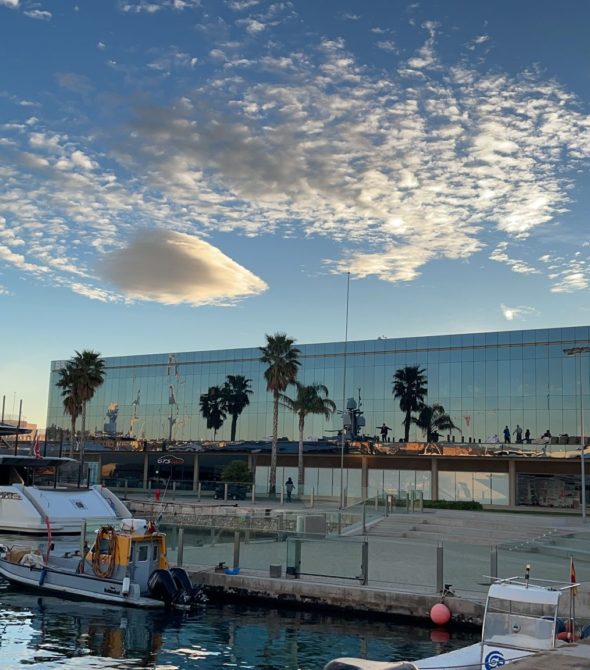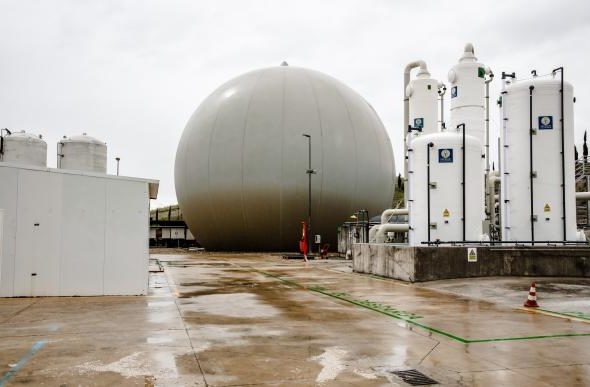Repsol expects to have the first plant in the Iberian Peninsula for the manufacture of high-impact polymers by next year.
To produce these advanced materials, the company will adapt one of the units of its Tarragona Industrial Complex, with a total cost of EUR 32 M.
It is a highly specialized product, which provides great added value in markets such as
the automotive, both for its greater lightness and, mainly, for its extraordinary resistance to impact Thanks to these characteristics, this type of polymers are used as a raw material for the manufacture of bumpers and different elements of vehicles that require special firmness, such as door panels and instruments.
This project strengthens Repsol’s role as a key supplier to the automotive sector and a company committed to the environment, within the framework of its goal of reaching zero net emissions by 2050.
To manufacture this new range of polymers the company will install a second reactor in one of the polypropylene production units of the chemical area of the largest petrochemical complex in Spain.
On the other hand, Repsol’s refinery in La Coruña continues with the construction of the new unit for obtaining polymer-grade propylene, which, according to the multinational, will improve the competitiveness and efficiency of the industrial complex.
The objective of this new unit, which represents an investment of EUR 29 M for the company, is to increase propylene production by 35% at the A Coruña refinery and revalue it by increasing its quality. When the investment is completed, calculated for the first quarter of 2021, the refinery will reach an estimated annual production of 81,000 tons of polymer grade propylene. This material is used in the chemical industry as a raw material for the production of polypropylene, which in turn serves as the basis for manufacturing a wide variety of products of daily life, such as medical supplies, stationery, textile industry or packaging.
Repsol emphasizes that this project is an example of their commitment to the future and competitiveness of the Coruña refinery. In addition, they point out that this investment must be added to the maintenance work this year, which cost EUR 64 M.
Another project that Repsol announced to reduce carbon dioxide emissions in Spain is the construction of an advanced biofuels plant which will produce 250,000 tons of hydrobiodiesel, biojet, bionaphtha and biopropane per year at the Cartagena factory.
The new plant, which will be operational in 2023 will produce these biofuels for the combustion of airplanes, trucks, and cars from recycled raw materials. It will allow reducing carbon dioxide emissions by 900,000 tons per year.
Repsol’s objective is to double the production of high-quality biofuels from vegetable oils, up to 600,000 tons by 2030, of which 50% will be produced with waste. The new facility will involve an investment close to s 200 million euros (specifically 188 million) and will include the launch of a hydrogen plant, which will feed hydrotreating unit, equipped with the latest technology.





